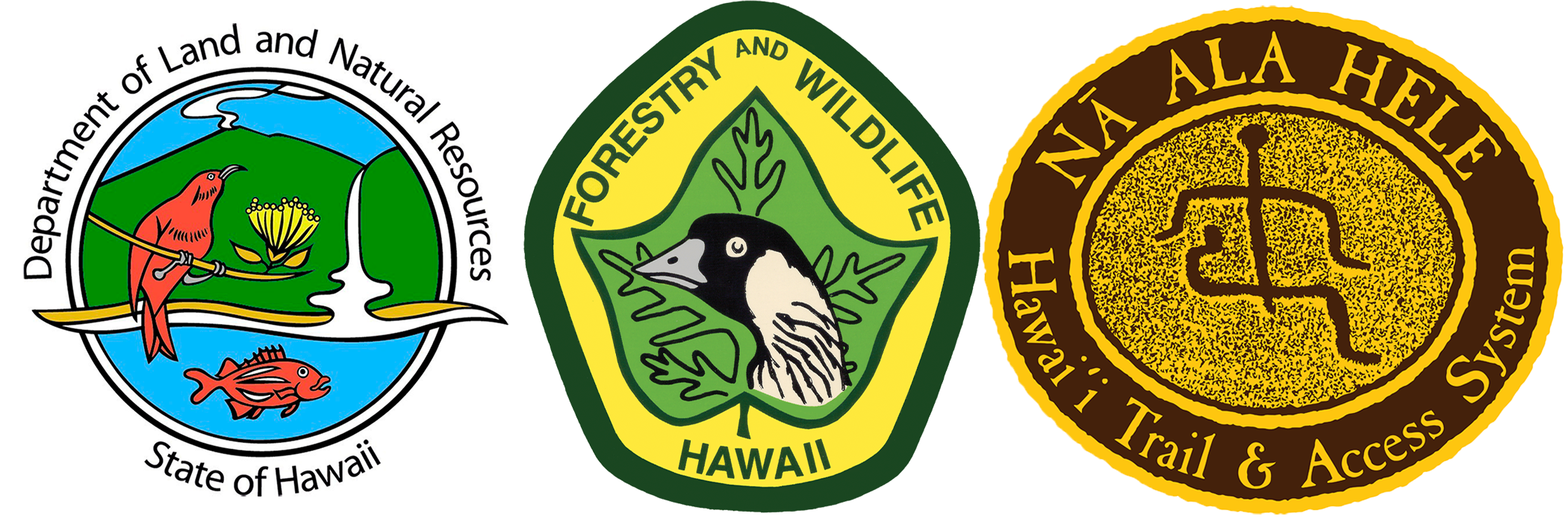Ethical Birding in Hawaiʻi
It’s important to be respectful of the birds and the areas they live in when birding. Many hotspots are in fragile ecosystems and require special care. Others are near working ranches or urban areas and require good neighborly conduct.
1. Bird Quietly and with Aloha
- Remember that you are entering the birds’ home.
- Do not use bird call playback devices or play bird call audio from your smartphone. This disturbs the birds’ behavior and may change how they forage for food or seek mates. Remember that negatively impacting threatened and endangered species is illegal.
- Avoid loud talking
- Put your cell phone on mute.
2. Keep Your Distance
- Use binoculars, telephoto lenses, or spotting scopes to get a good look without approaching the bird.
- If the bird is reacting to your presence, you’re too close. Back away and give it time to settle down. Do not approach or attempt to flush birds from resting or feeding spots.
- Go around, don’t surround. If you are out with other birders, do not surround and frighten a bird.
3. Hike Pono and Hike Safely
- Respect private property and do not trespass.
- Leave no trace. Carry out whatever you carry in and pick up after others who may not be aware they’ve left something behind.
- Clean your gear before and after entering a forest to prevent the spread of Rapid ʻŌhiʻa Death and invasive weed seeds.
- Bring sufficient food and water, and stay on official trails.
- Visit our hiking pages for more tips to hike responsibly and safely
For more information on ethical birding, read the American Birding Association Code of Birding Ethics. To learn more about ethical outdoor recreation in Hawaiʻi, visit our Be Pono Outdoors webpage and learn how to explore responsibly from our mascot, Pono the Nēnē.

